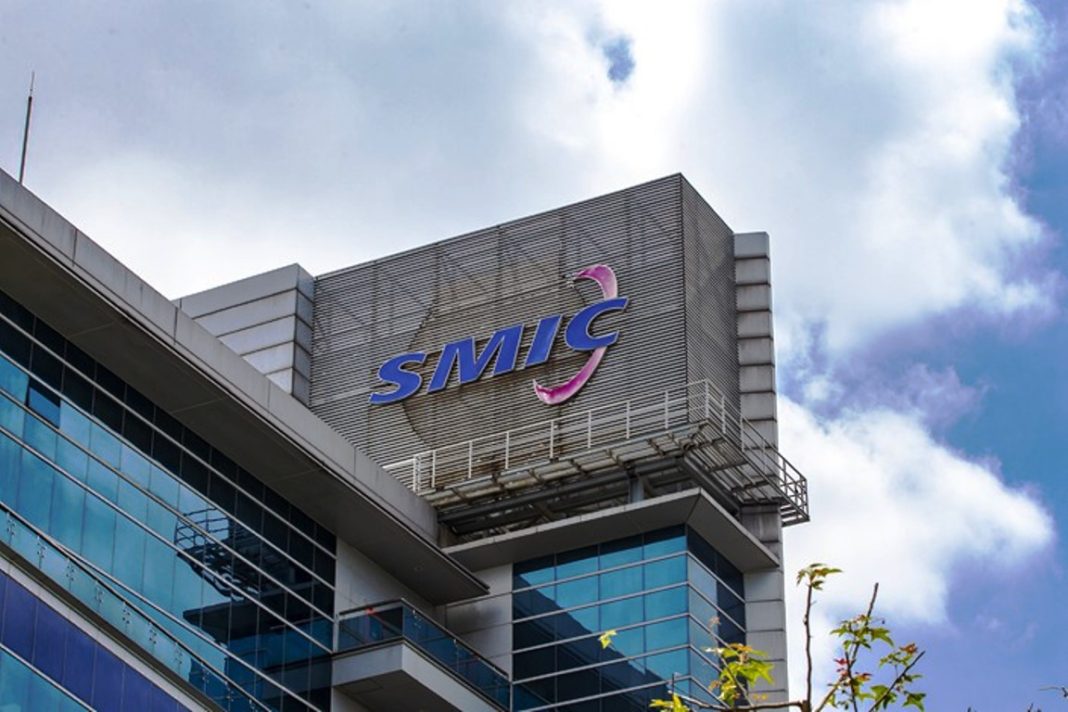The United States’ Commerce Department has added China’s Semiconductor Manufacturing International Corporation or SMIC into its Entity List restricting it from using American technology.
The Trump administration even in its final weeks has enforced further restrictions against Chinese tech firms like SMIC, China’s top semiconductor manufacturer, and drone maker DJI among the 77 companies recently added to the Entity List for what the US government identifies as actions deemed contrary to the national security or foreign policy interest.
The Bureau of Industry and Security in the Department of Commerce on Friday (December 18) added SMIC to the Entity List which previously included other top Chinese tech firms like Huawei and Tencent as a means to protect U.S. national security.
The Department of Commerce action stems from China’s military-civil fusion (MCF) doctrine and evidence of activities between SMIC and entities of concern in the Chinese military-industrial complex.
“We will not allow advanced U.S. technology to help build the military of an increasingly belligerent adversary. Between SMIC’s relationships of concern with the military industrial complex, China’s aggressive application of military civil fusion mandates and state-directed subsidies, SMIC perfectly illustrates the risks of China’s leverage of U.S. technology to support its military modernization,” Commerce Secretary Wilbur Ross said in a statement.
“Entity List restrictions are a necessary measure to ensure that China, through its national champion SMIC, is not able to leverage U.S. technologies to enable indigenous advanced technology levels to support its destabilizing military activities,” added Ross.
The Entity List designation limits SMIC’s ability to acquire certain U.S. technology by requiring U.S. exporters to apply for a license to sell to the company. Items uniquely required to produce semiconductors at advanced technology nodes—10 nanometers or below—will be subject to a presumption of denial to prevent such key enabling technology from supporting China’s military-civil fusion efforts.
BIS also added more than sixty other entities to the Entity List for actions deemed contrary to the national security or foreign policy interest of the United States.
These include entities in China that enable human rights abuses, entities that supported the militarization and unlawful maritime claims in the South China Sea, entities that acquired U.S.-origin items in support of the People’s Liberation Army’s programs, and entities and persons that engaged in the theft of U.S. trade secrets.
See Related Story: US Defense Dept. mulls placing China’s Largest Chipmaker SMIC in Trade Blacklist
The Entity List is a tool utilized by BIS to restrict the export, re-export, and transfer (in-country) of items subject to the Export Administration Regulations (EAR) to persons (i.e., individuals, organizations, and companies) reasonably believed to be involved or to pose a significant risk of becoming involved, in activities contrary to the national security or foreign policy interests of the United States. Additional license requirements apply to exports, re-exports, and transfers (in-country) of items subject to the EAR to listed entities, and the availability of most license exceptions is limited.
As a result of this recent US government restriction, stock index company MSCI said it will remove SMIC from its indexes starting January 5, 2021.
MSCI said their recent action against China’s top chipmaker was made after the issuance of a U.S. executive order that bans American companies and individuals from owning shares of Chinese companies that Washington deems as supportive of China’s military.
Aside from the continuing pressure from Washington, several media outlets have been reported that its co-CEO Liang Mong Song is planning to resign from his position following an alleged appointment of a top executive without his approval.
In a disclosure at the Shanghai Stock Exchange, SMIC said on Wednesday disclosed that its board is aware that Liang Mong Song intends to resign from his co-chief executive role. As a result of the announcement, SMIC shares on Shanghai’s STAR Market fell by nearly 10 percent after trading opened on Wednesday. Trading was halted for the company’s shares in Hong Kong after the announcement.
Read More Stories: Coinbase Files for an IPO as Bitcoin Pushes for an All-time High



